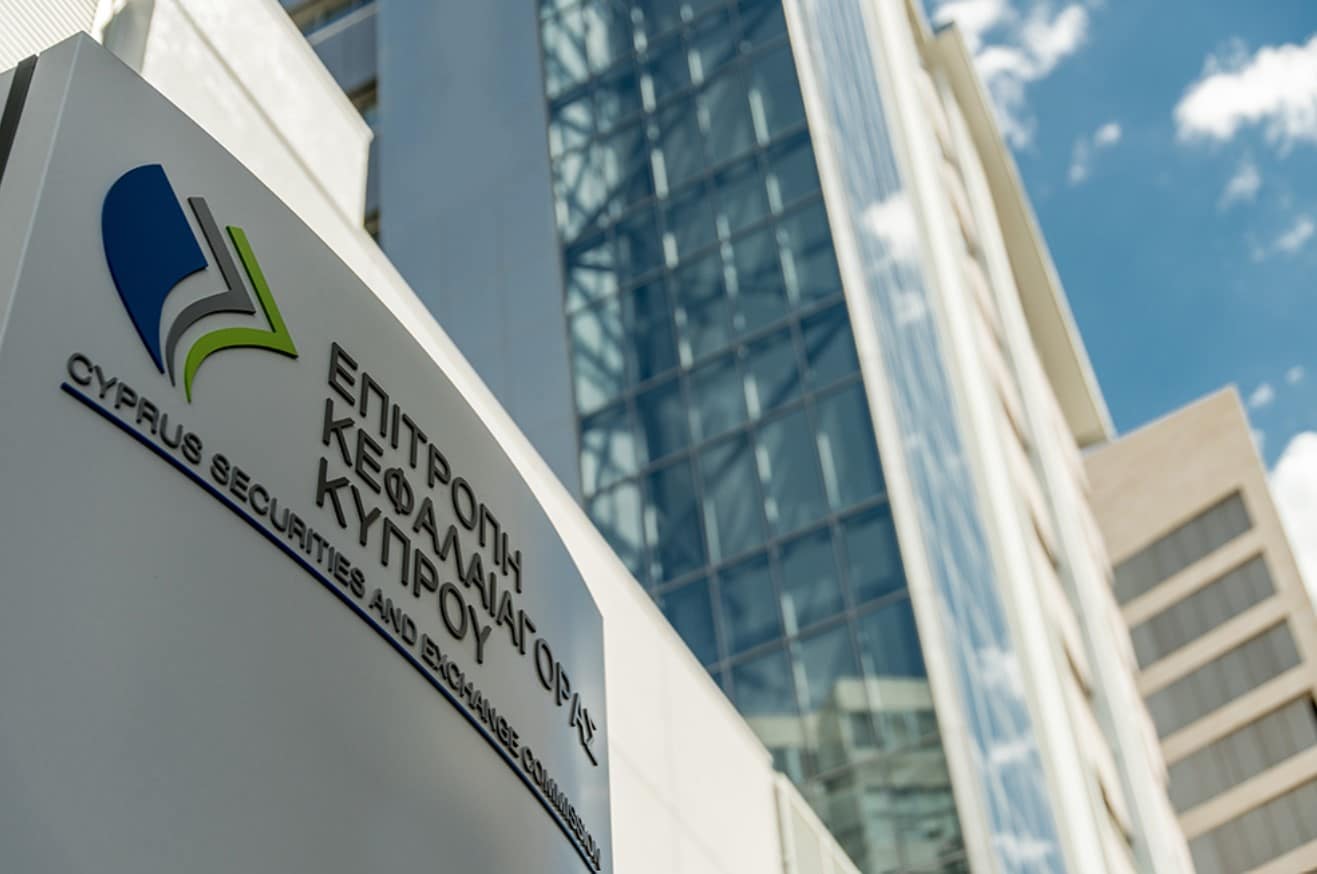Warnings issued by the Cyprus Securities and Exchange Commission (CySEC) raise concerns about unlicensed and potentially fraudulent entities operating in the financial market. In its latest announcement, CySEC highlighted a list of websites and platforms that have not been granted authorization to provide investment services. This serves as a timely reminder for investors to exercise due diligence and verify the legitimacy of any firm before proceeding with any investment activities. With the rise of online investment platforms, ensuring that investors are working with a licensed and regulated entity has never been more critical.
The Importance of Licensing in Financial Services
In Cyprus, firms wishing to offer investment services must be authorized under the provisions of Law 87 (I)/2017, as amended from time to time, which outlines the regulatory framework within which investment firms must operate, ensuring that they meet stringent requirements regarding capital adequacy, risk management, reporting standards, and operational transparency.
Working with duly licensed and regulated firms help ensure that investors’ investments are performed within a regulated environment and that the investment firm is operating in line with industry best practices. On the other hand, unlicensed or fraudulent firms can expose investors to significant risks, including potential financial loss and limited or no recourse in case of disputes or misconduct.
Ways to Verify the Legitimacy of Investment Firms
Given the rise of online platforms, it is essential for investors to adopt a proactive approach to verify the legitimacy of any firm or platform they plan to invest with. The following are helpful to investors for safeguarding their investments and avoiding falling victim to scams or unregulated harmful activities.
1. Check Regulatory Status
One step in verifying a firm’s legitimacy is to confirm whether it is registered with the appropriate regulatory body. In Cyprus, CySEC is the primary authority that oversees the operations of investment firms. CySEC maintains a publicly accessible list of authorized firms, which investors can consult to ensure the firm they are dealing with is appropriately authorized. Investors can refer to CySEC’s website for further information on the regulated entities: https://www.cysec.gov.cy/en-GB/entities/.
Further to the above, investors may also refer to CySEC’s website to identify a list of domains that are not owned or operated by Cyprus Investment Firms (CIFs) which have been authorized by CySEC to provide investment and ancillary services. The list can be accessed here: CySEC Non-Approved Domains. If an investor is communicating with a firm whose domain appears on this list, it is important to be cautious, as such an entity is not authorized by CySEC to offer investment services.
2. Research the Firm’s History and Reputation
Beyond checking regulatory status, it is important to research the firm’s history and reputation. Investors should look for independent reviews, client feedback, and any information that could provide insights into the firm’s operations.
Third-party resources such as financial news outlets, regulatory alerts, or investor forums can also be valuable sources of information. Authorized firms usually have a track record of providing investment services, while unlicensed or newer platforms may be more difficult to vet.
3. Watch for Red Flags-Too good to be true
Investors should be cautious of firms that promise unusually high returns or claim to offer “exclusive” investment opportunities. High returns with little risk are often signs of fraudulent or highly speculative operations. A licensed firm should offer a clear risk warning and explain the potential risks associated with any investment.
In addition, investors should be wary of firms that engage in aggressive marketing tactics or exercise pressure for making quick investment decisions. This can be a sign of a scam, where urgency is created to bypass due diligence. An authorized firm will allow investors time to review the investment options thoroughly and make informed decisions.
4. Ensure Transparency of Fees and Terms
A licensed and professional firm will provide transparent information about the fees, commissions, and other costs associated with its investment products or services. If a firm is vague or unwilling to disclose its fee structure upfront, it’s a major warning sign. Legitimate firms clearly outline their pricing models and provide investors with all the information needed to understand the total cost of their investments.
Risks of Unlicensed Firms
Investing with unlicensed or unregulated entities can expose you to a variety of risks, including:
- Fraud and Financial Loss: Unlicensed firms often operate without the oversight that ensures client funds are protected. These entities may engage in fraudulent activities, such as misappropriating investor funds or providing misleading information about investment opportunities.
- Lack of Investor Protections: Licensed firms are required to abide by strict regulations relevant to the protection of investors. For instance, CIFs are obliged to participate in investor compensation schemes when dealing with Retail Clients, while unauthorized entities are unlikely to engage with such protections.
- Limited Recourse in Case of Disputes: Should you encounter problems with an unlicensed firm, resolving disputes can be difficult, if not impossible. Licensed firms, on the other hand, should be held accountable by regulatory bodies and provide investors with clear avenues for filing complaints.
Conclusion: A Call for Vigilance
The recent CySEC warning serves as a timely reminder to investors of the importance of working only with licensed and regulated firms. While the digital age has made it easier than ever to access investment opportunities, it has also introduced new risks. By taking the necessary precautions and consulting trusted advisors—investors can be protected during their trading experience.

